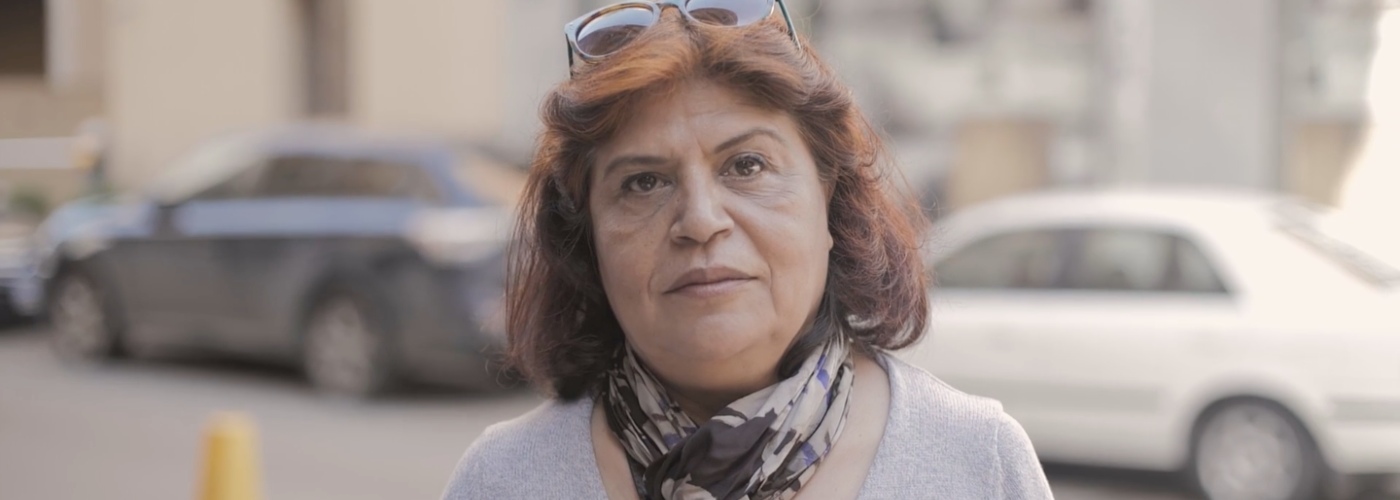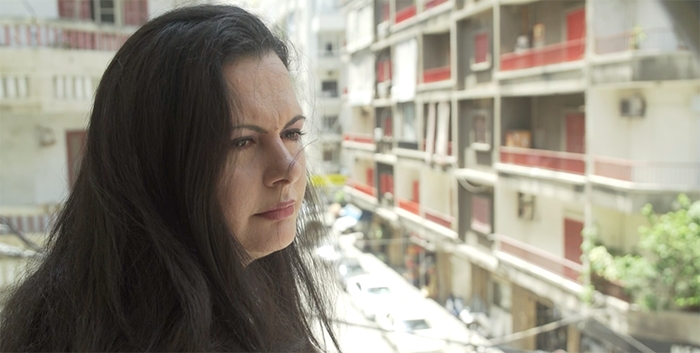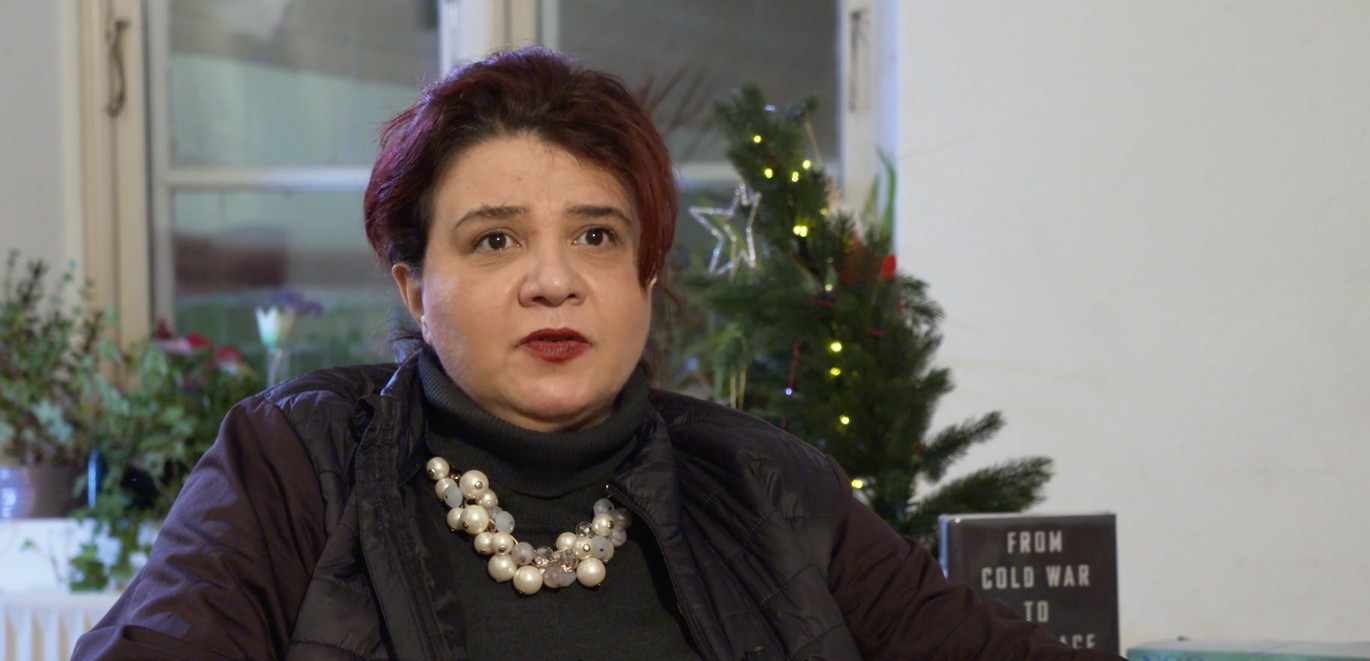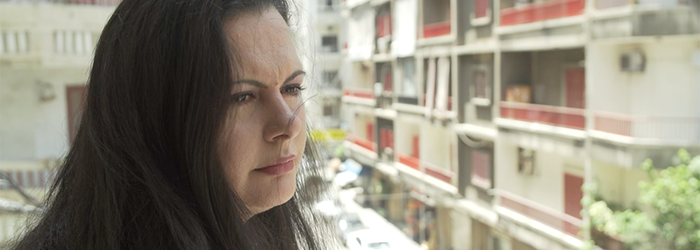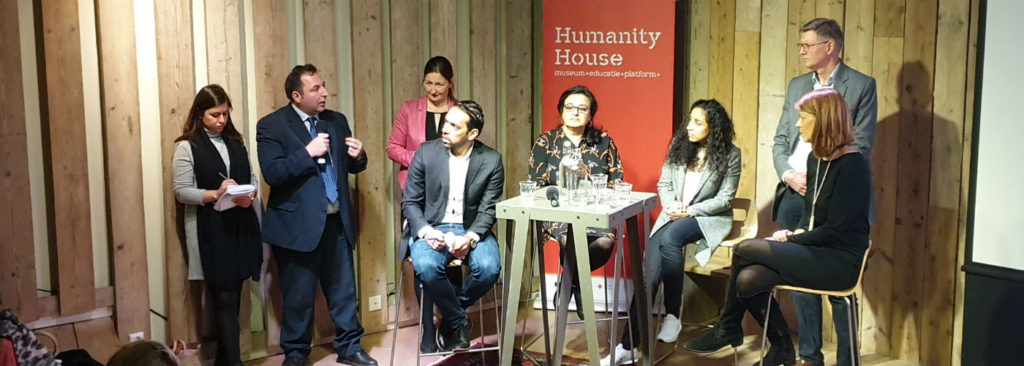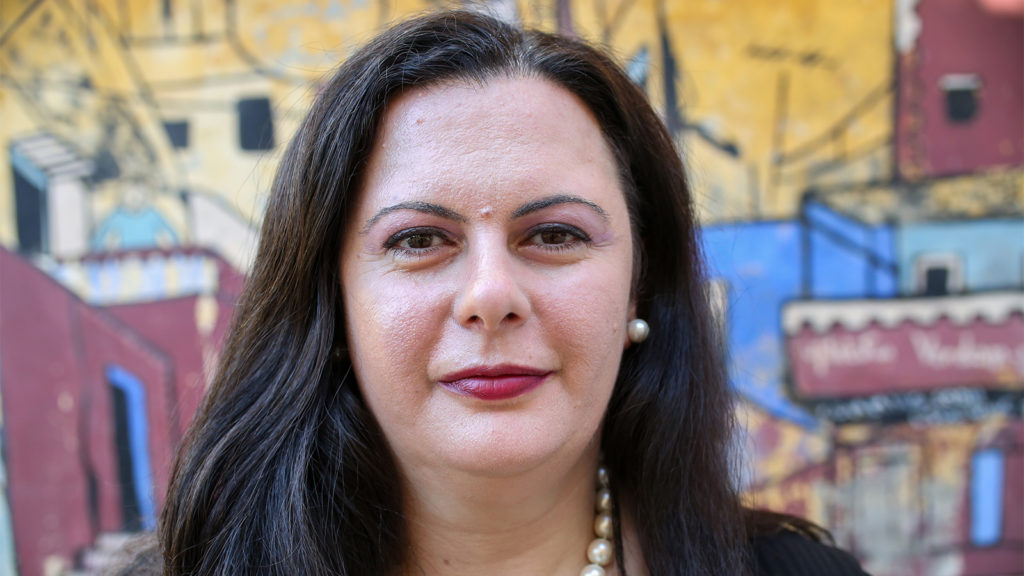By Laudy Issa
In a country devastated by 10 years of war, with its population facing a Covid surge amid test and oxygen shortages, advocating for the inclusion of Syrian women in politics is often put on the back burner. But this just keeps sidelining women from leadership roles and decision-making processes – which in turn has detrimental effects on both women’s quality of life and national interests.
The threat of sidelining the women’s rights agenda was also present following the unanimous adoption of Resolution 2254 in 2015 by the United Nations Security Council, given the prevalence of patriarchal social and economic beliefs among either side of the Syrian conflict. The resolution envisioned the urgent establishment of “credible, inclusive and non-sectarian governance” through Syrian-led formal negotiations between the Syrian government and opposition.
A nation’s constitution stands as one of the key pillars that ensure fair representation and accountability, presenting either an immense opportunity or threat to advancing the rights of women and other marginalized groups. Post-conflict settings amplify the importance of creating an inclusive constitution.
Despite many obstacles, Hivos’ partners played important roles in ensuring that the Syrian Constitutional Committee – established under UN auspices to form a new and democratic constitution in Syria – is inclusive of women.
Constitution-making can advance women’s rights
“We’ve played an important role in applying pressure, advocating for, and providing spaces for collaboration to make sure the voices of women are more heard in society,” said Rajaa Altalli, co-founder of the Center for Civil Society and Democracy (CCSD) in Syria.
Since 2013, CCSD and other civil society actors in Syria have recognized the need and importance of civil society participation in the constitution-making process.
Altalli said that her team has pushed for the involvement of more women in the process, given that a gendered constitution in Syria can ensure the visibility of marginalized groups, address the impact of war on women, and guarantee full citizenship rights through a legal basis.
Thanks to the considerable efforts of Syria’s civil society, the Constitutional Committee ended up with a 28 percent quota for women.
“We were pushing really hard for 30 percent of the constitution committee to be women,” but we are happy about the outcome because, without our efforts, we wouldn’t have even gotten a 15 percent quota,” said the activist.
As a Hivos partner for four years, CCSD also put together a vision for the political process focused on women and transitional justice, and created a mentoring program for women who want to become leaders, advocates, or trainers for other women. According to Altalli, CCSD has worked with at least 100 women mainly inside of Syria. Many would go on to occupy leadership positions in their different organizations.
Sabah Alhallak, a women’s rights activist and founding member of the Citizenship League (CL), also a Hivos partner, stressed the importance of the Constitution Committee quota in involving more women in decision-making processes and advancing their rights.
“We could even say that we arrived at the 30 percent quota because there are men who advocate for feminist causes on the council,” said Alhallak, who is a part of the Constitution Committee.
Women can ensure sustainable peace-building
Because of their social and economic status and gender, the impact of armed conflict on women and girls is disproportionately high. Aside from trauma, injuries, displacement, and death, women and girls are subjected to exacerbated inequalities, experience sexual violence, and are forced take on an overwhelming amount of responsibilities due to changes in social structures in conflict zones.
Such significant impact often leads to women being seen as victims of war, rather than agents of change who can alter the course of peace negotiations for the better.
We can’t talk about human rights and add women’s rights later.
Over the years, women across the world have organized informal and grassroots peace-building processes, only to be sidelined when formal negotiations commence.
For Alhallak, women in Syria can stand as powerful agents of peace and play an instrumental role in the post-conflict constitution process. The skills, capacities, and assets they garner through maneuvering oppressive patriarchal systems can help with sustainable peace-building.
Increasing the number of women in the formal constitution-making process ensures “the peace is long-lasting, women’s rights are met, and the gendering of the entire transition process in Syria,” she explained.
A study by the International Peace Institute on 182 signed peace agreements between 1989 and 2011 suggests that the inclusion of women in peace-building results in a 35 percent increase in the probability of a peace agreement lasting for 15 years or more.
Feminist issues are political in nature
For CL, the gendering of the constitution-making process goes hand in hand with democracy and ensures a transition towards principles that protect the rights of all citizens of the country. Their work focuses on promoting equal rights and duties for all Syrians.
“The concept of a gender-sensitive constitution is generally misunderstood as a constitution meant only for women, but in fact is established for all citizens,” she previously said.
CL, alongside other Hivos partners, has also pushed for the involvement of civil society activists, independent representatives, and experts in the constitution-making process.
Alhallak highlighted the arrival of the “middle third,” as civil society experts on the Syrian Constitution Committee are referred to, as a historic achievement for a nation in conflict.
“Their share is equal to the others,” she explained. “Out of 150 members in the committee, 50 are for civil society organizations, 50 are for opposition, and 50 are for the government.”
The correlation between women’s causes and civil society is evident in the percentages of women representing the different blocs of the constitution-making process. Within the civil society’s “middle third,” gender representation nears 46 percent – while women in opposition and government blocs respectively stand at 14 and 22 percent.
Altalli from CCSD highlighted the challenge posed by a patriarchal mentality that questions why the public should focus on involving Syrian women in decision-making when there are more “urgent” needs.
For Alhallak, involving women in the peace-making process has helped counter such thinking by allowing others to recognize Syria’s feminist cause as essentially being social and political in nature, rather than its own separate entity.
“Our work helped us transform it from a private cause to a public cause,” said the activist. “It also broke down the taboo about certain feminist issues such as sexual violence, harassment, and gender-based violence enough to get other civil society organizations and youth groups invested in it.
Alhallak addressed the necessity of gendering the entire discussion, highlighting the relevance of the UN-established Women’s Advisory Board to the UN special envoy for Syria in the peace negotiations. The 12 Syrian women on the board act as third-party observers who sound the alarm on missing points from the agenda, offer missing gendered perspectives, and bring in civil society expertise.
A gendered constitution, not gendering the constitution
For Dr. Mouna Ghanem, a Syrian activist and the co-founder of the Syrian Women’s Forum for Peace (SWFP), more radical change is required to advance both women’s rights and the peace-building process.
Dr. Ghanem highlighted the importance of integrating gender-based mentalities at the very core of constitution-making – from design and implementation to monitoring and the evaluation of policies.
“We need to start talking about a gendered constitution and not gendering the constitution,” she stressed. “We can’t talk about human rights and add women’s rights later. Today, we need to reconsider the entire process from a feminist perspective.”
Dr. Ghanem previously served on the Women’s Advisory Board but left because she felt that both the negotiation process was unproductive and that the future of Syria was not being put into the hands of Syrians themselves.
However, the activist and co-founder of this Hivos partner organization, recognizes the significance of involving women in peace-building processes and how that can incite even more political interest among women in Syria. She highlighted Hivos’ success in encouraging Syrian women to get more involved in politics.
“A new role for civil society was brought to life through monitoring the political process. This helped more Syrian women inside and outside the country become interested in the process because they recognized their role in monitoring it,” said Dr. Ghanem. “Not all women have to be a part of the advisory board or in political parties. Even if they’re not a part of the political process, they still have a role.”
With challenges such as the fear of detention, torture, bombing and changing power balances on the ground, CCSD’s Rajaa Altalli understands why Syrian women would be reluctant to participate in politics.
“These fears are used as a tool to warn women that it’s too risky for them and their families and that they cannot have safety and protection while they are participating in these processes,” she said, adding that politically-active women face threats such as harassment and bullying.
The constitution-making process has proved integral in allowing civil society actors, through the likes of CCSD, CL, and SWFP, to reach as many women in Syria as possible.
If we don’t work with women and civil society actors now, all the work we have done over the past 10 years will have gone to waste.
“Despite their differences, it brought women together and helped unify the demands of the feminist agenda in Syria regarding Resolution 1325,” said Dr. Ghanem, whose networking organization works on building democracy and ensuring women’s active participation in peace-making. “We [the different civil society actors] cover the demands of women across the political spectrum.”
These Hivos partners all have great faith in their organizations and the work they have done to ensure a gendered constitution-making process. They also share concerns about the world’s shifting priorities, with women’s rights and civil society efforts in Syria now falling off global radars.
“This year is very important for Syria because there are presidential elections,” explained Dr. Ghanem. “If we don’t work with women and civil society actors now, all the work we have done over the past 10 years will have gone to waste. There needs to be even more work put in this year.”

